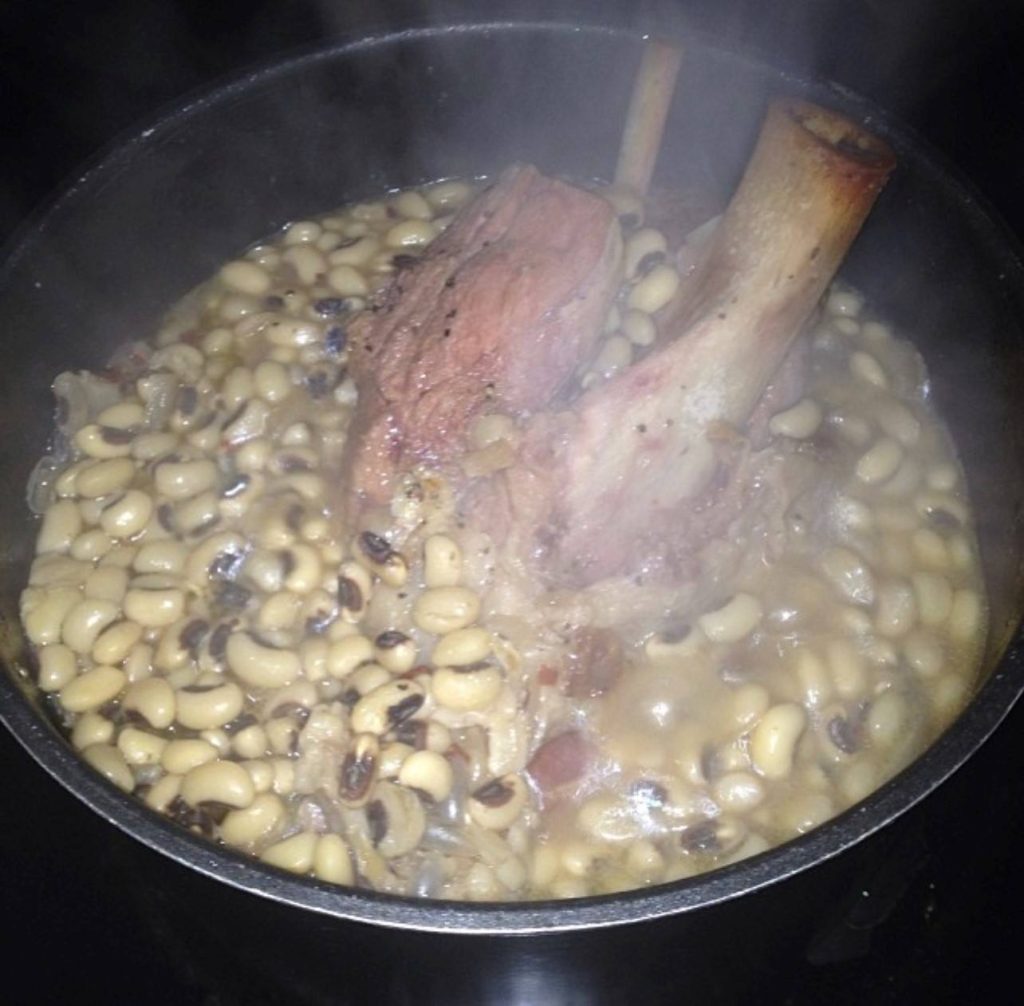Cardiovascular disease kills more Americans than any other condition. However, African Americans are at a greater risk for heart disease and stroke than any other racial group, according to the American Heart Association.
There are several contributing factors, including genetics, hypertension, obesity and Type 2 diabetes. Diet can play a key role in the development of heart disease and its risk factors. This is particularly true for Black people in the U.S., for whom traditional dishes, often referred to as "soul food," were often developed from unhealthy ingredients — by necessity.
During slavery, enslaved people were given leftovers and undesirable portions of meat. Over time, these foods have evolved and have become a part of African American cuisine, according to Black Foodie. But some Southern foods can put you at risk for heart disease, depending on how often you eat them and how the dishes are prepared.
Dr. LaPrincess Brewer, a Mayo Clinic cardiologist, says simple dietary changes can help improve heart health.
Journalists: Broadcast-quality video (0:55) is in the downloads at the end of this post. Please courtesy: "Mayo Clinic News Network." Read the script.
Savory dishes, like collard greens with ham hocks and black-eyed peas, are part of African American cuisine and deeply rooted in Southern tradition.
"Food is very important to us," says Dr. Brewer.

Some soul foods can put you at risk for heart disease
But soul food is sometimes loaded with sodium, sugar and fat, which makes those foods high in flavor but can also raise your risk of heart disease. Dr. LaPrincess Brewer suggests that people make subtle changes to their diet.
"Focus on portion control, lower fat, lower sodium content, and really focus on the fresh foods, so fresh fruits and vegetables, and integrate those into your diet," explains Dr. Brewer.
Instead of ham, use smoked turkey meat and natural seasonings like oregano and cumin, which can add flavor without all the sodium and fat.
"We may need to revamp how we prepare them by substituting more healthier ingredients so that we can live healthier but still preserve our culture," says Dr. Brewer.
Related posts:
- Cardiac amyloidosis 101: Why early diagnosis and targeted treatment matter
- Mayo Clinic Minute: Hypertension and cardiovascular disease in the Black community
- Mayo Clinic Q and A: African Americans and heart health







